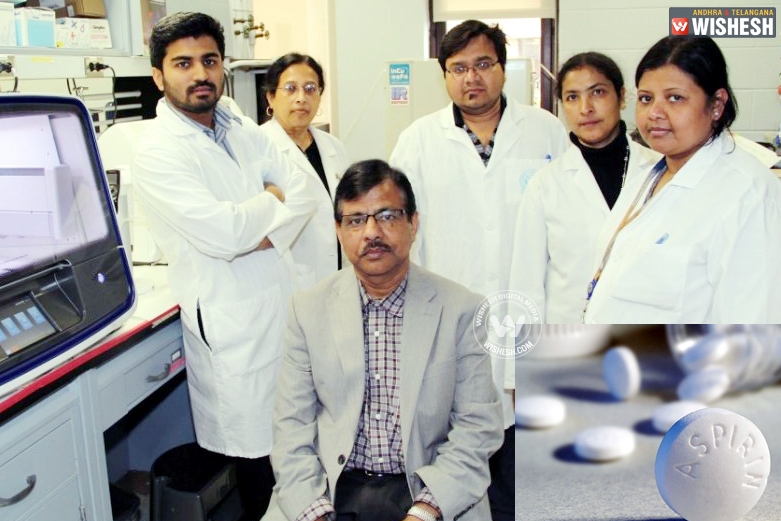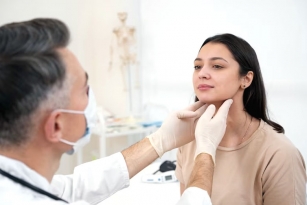
Breast cancer incidence has been rising due to rapid urbanization and westernization of lifestyles. Dr Sushanta Banerjee, research director of the Cancer Research Unit at the Kansas City Veterans Affairs Medical Center, and his team found that a daily dose of aspirin may be effective at blocking breast tumour growth.
Aspirin is commonly used across the world as an anti inflammatory drug. The experts thought that aspirin may be able to ensure that conditions around cancer stem cells are not conducive for reproduction.
"We could give aspirin after chemotherapy to prevent relapse and keep the pressure on, which we saw was effective in both the laboratory and the mouse model, and we could use it preventatively," Banerjee noted. But experts suggest patients to consult with a doctor before starting a daily aspirin regimen.
"Of course there is a risk, but you have to weigh that against the risks of cancer," Banerjee said. To test his theory that aspirin could alter the molecular signature in breast cancer cells enough that they would not spread, Banerjee used both incubated cells and mouse models.
To test this theory, breast cancer cells were placed in 96 separate plates and then incubated. Then they exposed half of the cultures to differing doses of acetylsalicylic acid, commonly known as aspirin. According to the lead author, exposure to aspirin dramatically increased the rate of cell death in the test. For those cells that did not die off, many were left unable to grow.
The second part of his study involved studying 20 mice with aggressive tumours. For 15 days, half the mice were given the human equivalent of 75 milligrammes of aspirin per day, which is considered a low dose. At the end of the study period, the tumours were weighed. Mice that received aspirin had tumours that were, on average, 47 per cent smaller.
The researchers gave an additional group of mice aspirin for 10 days before exposing them to cancer cells to finally prove the theory. After 15 days, those mice had significantly less cancerous growth than the control group. "We found aspirin caused these residual cancer cells to lose their self-renewal properties," Banerjee said.
The study is to appear in the forthcoming issue of the journal Laboratory Investigation.
By Lizitha














